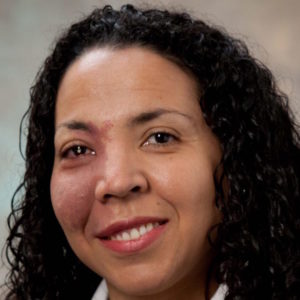 Less than 10 percent of physicians in the United States are racial or ethnic minorities. Inginia Genao, a Yale physician, has recently published a paper on how to boost minority participation in medicine. She believes that the standardized Medical College Admission Test (MCAT) has created an unfair barrier for African Americans and other racial and ethnic minorities aspiring to start medical school. Traditionally, minorities have not scored well on this exam, which is used a screening tool for medical school admissions. She states that the legal standard known as “disparate impact” should be a reason to reconsider the use of MCAT scores for medical school admissions.
Less than 10 percent of physicians in the United States are racial or ethnic minorities. Inginia Genao, a Yale physician, has recently published a paper on how to boost minority participation in medicine. She believes that the standardized Medical College Admission Test (MCAT) has created an unfair barrier for African Americans and other racial and ethnic minorities aspiring to start medical school. Traditionally, minorities have not scored well on this exam, which is used a screening tool for medical school admissions. She states that the legal standard known as “disparate impact” should be a reason to reconsider the use of MCAT scores for medical school admissions.
Dr. Genao suggests that institutions nationwide should follow a more holistic approach to admissions that assesses the entire applicant including their background and barriers that they have overcome. Medical schools that already employ this admissions style have not seen any decline in student performance. Additionally, she believes that it is important for there to be more diverse physicians to treat diverse patients. She states that patients are more satisfied and have better outcomes when they share an identity with their doctor.
Dr. Genao currently serves as graduate medical education director of diversity, equity, and inclusion and as associate chair for diversity and inclusion in the department of medicine at the Yale School of Medicine. She holds a bachelor’s degree from Marymount College in Manhattan and a medical doctorate from the University of Rochester School of Medicine and Dentistry.

